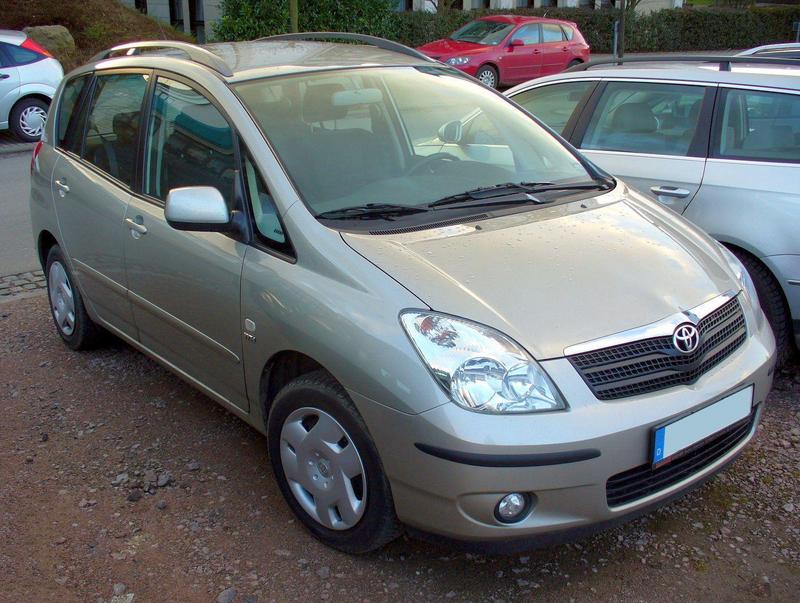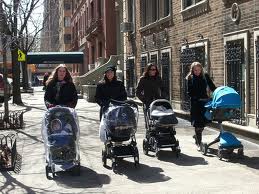Under Georgia law, can a home buyer sue a seller who is unhappy with the house? Unless the house seller is also the house builder, the answer is “Generally no.”
Fortunately for sellers, the law in Georgia protects home owners who sell their house to people who later suffer from “buyers remorse” and want to sue them to rescind the sale. Unfortunately for buyers, unless the seller was also the home builder, there is not much you can do to rescind a sale agreement even if the home seller fraudulently misrepresented or hid a housing defect. Nevertheless, the law is very specific, so if you find yourself in this situation, time is of the essence and it is imperative you seek competent legal counsel right away to ascertain your rights.
In general, home sellers are protected from home buyers who later try to rescind the sales agreement by various Georgia doctrines. Today’s article discusses the Doctrine of Caveat Emptor:
Doctrine of Caveat Emptor:
The rule in Georgia is Caveat Emptor (let the buyer beware). This is a common law doctrine which serves as the general rule regarding the purchase of realty. Cendant Mobility Financial Corp. v. Asuamah, 285 Ga. 818 (2009). If a home has mold, termites, a rotten roof, or any other defect—it is the buyer’s responsibility to fully investigate this prior to buying the home. In general, the buyer is put on warning and notice that they are responsible to discover such defects and if they discover them after the real estate transaction, unfortunately it is a case of too little, too late.
Consequently, the doctrine of Caveat Emptor defends and protects home sellers and our housing market from being “vexed to economic death by lawsuits by every purchaser of a house who discovers a defect which he believes the previous homeowner should have discovered and revealed. . . [when there] is probably no such thing as a perfect house” and all purchasers know that an older house is almost certainly not perfect. Cendant Mobility Financial Corp. v. Asuamah, 285 Ga. 818, 821 (2009). Thus, this affirmative defense often soundly defeats a buyers claims in a lawsuit.
Thus the morale of the story is Buyer Beware! Regardless, if you are a home seller who is being threatened by a lawsuit, or if you are a home buyer contemplating a lawsuit against a seller—the laws are very specific to one’s situation and it is absolutely important that you seek competent legal counsel as soon as possible in order to protect your rights.
Continue reading →
 We have all experienced the same fear as we drive on the highway: A huge eighteen wheeler (“Mack Truck”; “Tractor Trailer”) either in front of us or trying to pass us. The very thought of being next to one of these huge vehicles, as they speed down the highway, immediately invokes caution in drivers.
We have all experienced the same fear as we drive on the highway: A huge eighteen wheeler (“Mack Truck”; “Tractor Trailer”) either in front of us or trying to pass us. The very thought of being next to one of these huge vehicles, as they speed down the highway, immediately invokes caution in drivers. Georgia Injury Lawyer Blog
Georgia Injury Lawyer Blog


 A second corporation that manufacturers and distributes alcohol wipes that are supposed to prevent infection just issued a large recall because of possible bacterial contaminants. The company shared a mutual supplier with the same wipe maker in Wisconsin whose products have been blamed for deaths and illnesses.
A second corporation that manufacturers and distributes alcohol wipes that are supposed to prevent infection just issued a large recall because of possible bacterial contaminants. The company shared a mutual supplier with the same wipe maker in Wisconsin whose products have been blamed for deaths and illnesses.  Williams Oinonen LLC (Good Georgia Lawyer) is a member of
Williams Oinonen LLC (Good Georgia Lawyer) is a member of Good Georgia Lawyer’s
Good Georgia Lawyer’s 

